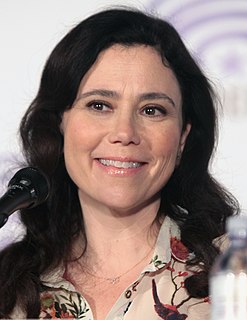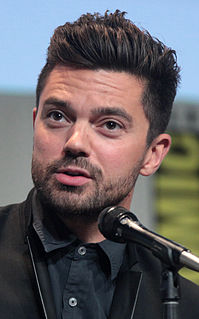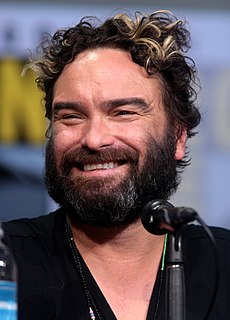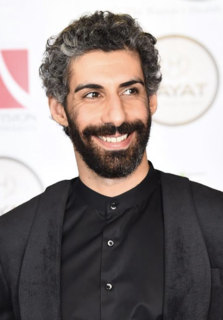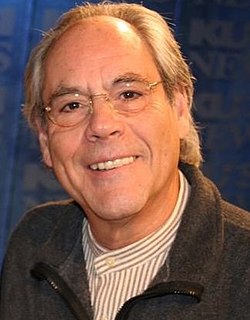A Quote by James Nesbitt
I'm an actor, learning lines and saying them in the right order.
Related Quotes
So you have the challenge of just learning the lines, period, and not only learning them, but learning them to the extent that you assimilate them, so that you're not worried about what the next word is coming out of your mouth when it comes to doing a scene. And you're also in the trenches with the writers, just in the wonderful kind of back and forth of how is it best to say something, even if it involves four or five words. I love that kind of thing.
The script is a starting point, not a fixed highway. I must look through the camera to see if what I've written on the page is right or not. In the script, you describe imagined scenes, but it's all suspended in mid-air. Often, an actor viewed against a wall or a landscape, or seen through a window, is much more eloquent than the lines you've given him. So then you take out the lines. This happens often to me and I end up saying what I want with a movement or a gesture.
There's this exhausting energy from you getting your lines out and your words right, especially if it's a complicated scene. And as soon as the camera is off you and goes on the other person, you're talking garbled garbage and you feel so sorry for them because you've lost the will to live, after 18 hours of saying those lines. That's terribly unfair. So, I do love the quick-paced nature of it.
I love live theater. I get my rocks off by doing stand-up, and I am the only actor. But to show up eight times a week and not have that time for myself; to do someone else's lines? When I work for Wendy Wasserstein or Terrence McNally, Neil Simon or even Shakespeare, I do not have the right to change the lines.







